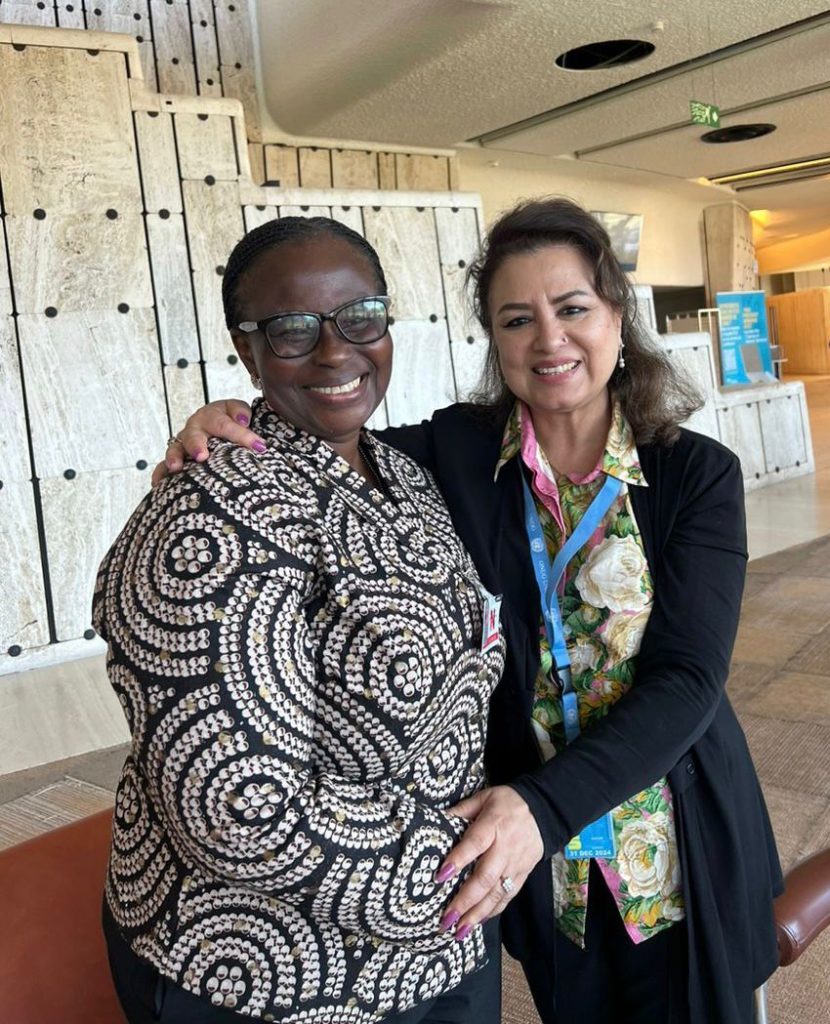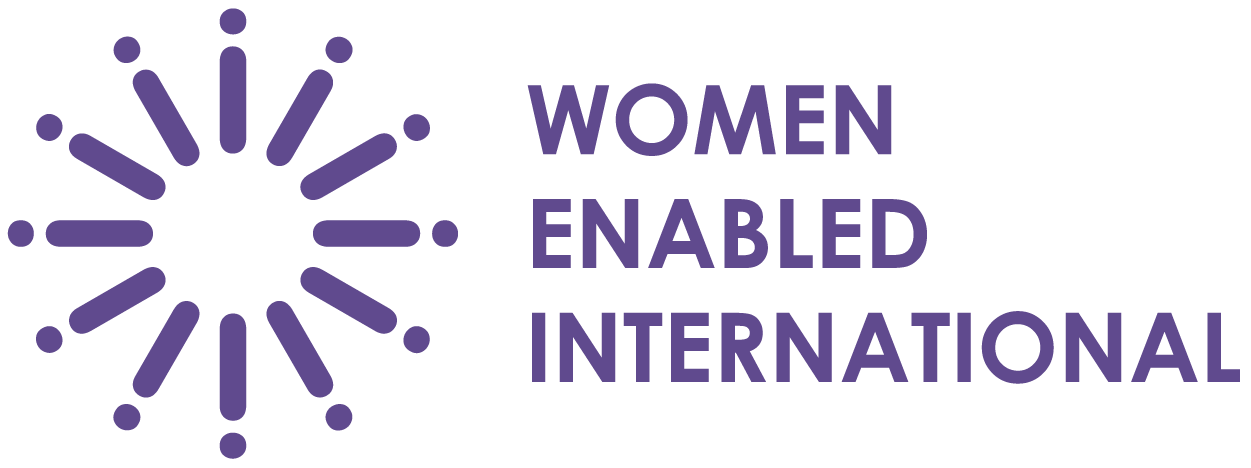Accessibility is a first – and non-negotiable – step. This is the message that WEI brought to Geneva in February on behalf of the Inclusive Generation Equality Collective. We were there to advocate for the inclusion of disability perspectives in the upcoming general recommendations of the Committee on the Elimination of Discrimination against Women (CEDAW) on the subject of “equal and inclusive participation of women in decision-making systems.” The general recommendation provides guidance to governments who have ratified the CEDAW Convention (known as ‘States parties’) on the measures they should adopt to ensure full compliance with their obligations to respect, protect and fulfill women’s human rights to equal and inclusive representation in decision-making systems.
The crux of what WEI was advocating for is captured in the Feminist Accessibility Protocol [LINK], which essentially says that accessibility is a precondition for inclusion and lists 13 commitments for States, UN agencies, and feminist civil society to implement to ensure accessibility and a disability perspective in events and meetings on gender equality.

Gertrude “Getty” Oforiwa Fefoame, Global Advocacy Adviser for Sightsavers in Ghana and a member of the Inclusive Gender Equality Collective, accompanied WEI on this mission and brought to bear her advocacy expertise, her personal lived experience, and her gravitas as a member of the UN Committee on the Rights of Persons with Disabilities.
Getty delivered a powerful statement during the CEDAW Committee’s Half-day Discussion on Equal and Inclusive Participation of Women in Decision-making Systems, hosted by the Office of the High Commissioner for Human Rights (OHCHR). These speaking opportunities are highly coveted, as they will help inform the work on the upcoming general recommendation. Many organizations that had been slated did not have the chance to make their statements. Encouragingly, some others who did speak echoed Getty in advocating for inclusion of disability perspectives.
“We are still fighting to enter decision-making spaces on an equal basis with others,” Getty testified, “a fight that pulls our attention away from the substantive contributions we can and should make to those spaces.”
With WEI’s support, the Inclusive Gender Equality Collective and Getty secured individual meetings with 5 (of 23) CEDAW Committee members including, importantly, Nicole Ameline from France, who is serving as Rapporteur of the General recommendation. Ms. Ameline encouraged the disabled feminist movement to be ambitious in our advocacy, and we agreed that long term, we need to get beyond pursuing ‘a seat at the table.’ The first step in that direction, however, is to achieve accessibility – without which, our community gets persistently left behind.
